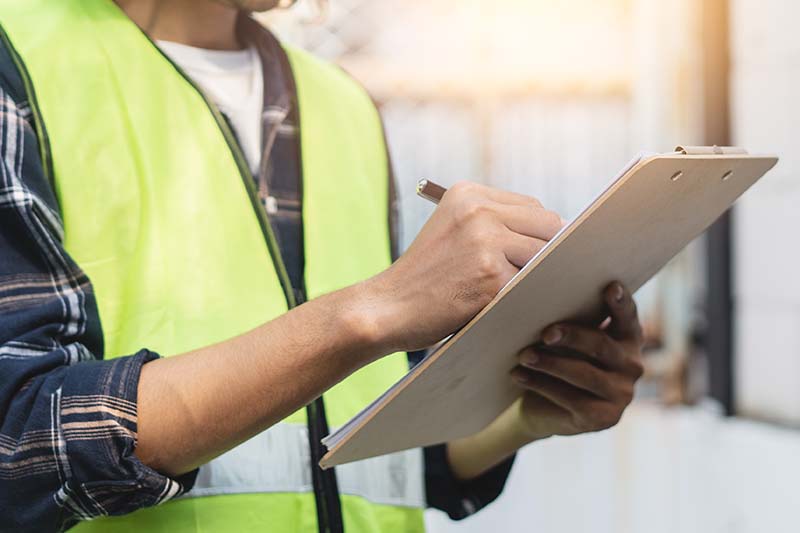
CenterPoint Energy Cautions Against Utility Bill Scams Amidst Hurricane Beryl Outages
In the aftermath of Hurricane Beryl, CenterPoint Energy is cautioning Greater Houston Area residents to be vigilant against potential utility bill scams. As power is gradually restored, consumers must be aware of imposters attempting to exploit the situation.
Identify and Stop Utility Bill Scams
Utility bill scams involve criminals impersonating utility company representatives to steal customers’ money or personal details. As a member of Utilities United Against Scams, CenterPoint Energy is dedicated to raising awareness and preventing utility bill scams.
Spotting Utility Scams
- NEVER interact with suspicious phone calls, emails, or texts. Scammers might manipulate caller IDs – always hang up and call your utility provider directly using the number on your bill.
- Always ask for identification from utility workers - you can cross-check with CenterPoint Energy to confirm their legitimacy.
- CenterPoint Energy phone agents will NEVER personally request banking or credit card info over the phone. CenterPoint transfers customers to an Interactive Voice Response system to collect payment details.
- CenterPoint agents agents will NEVER ask for payment via cash, wire transfers, prepaid debit cards, gift cards, PayPal, Venmo, Square Pay, or Apple Pay.
- CenterPoint will NOT disconnect your services without mailing you a bill and a subsequent disconnection notice if the balance remains unpaid.
Certain customers are more prone to scammers. Senior citizens and non-native English speakers should be especially proactive in staying informed about utility scams.
If You Fall Victim to Utility Fraud
- End the communication by hanging up or closing the door.
- If your safety is threatened, call 911.
- Report the fraud to local law enforcement, your utility provider, bank, and financial institutions.
- File a report with the Better Business Bureau (BBB) and the U.S. Federal Trade Commission (FTC).
- Internet scams should also be reported to the Federal Bureau of Investigation (FBI) at the Internet Crime Complaint Center.
Lastly, spread the word by sharing information about utility scam attempts with neighbors, friends, and family members. Social media can be especially effective in quickly getting the message across and thwarting scammers' attempts.
Stay safe and let's work together to stop utility scams.
 Tiffany Krenek has been on the My Neighborhood News team since August 2021. She is passionate about curating and sharing content that enriches the lives of our readers in a personal, meaningful way. A loving mother and wife, Tiffany and her family live in the West Houston/Cypress region.
Tiffany Krenek has been on the My Neighborhood News team since August 2021. She is passionate about curating and sharing content that enriches the lives of our readers in a personal, meaningful way. A loving mother and wife, Tiffany and her family live in the West Houston/Cypress region.

